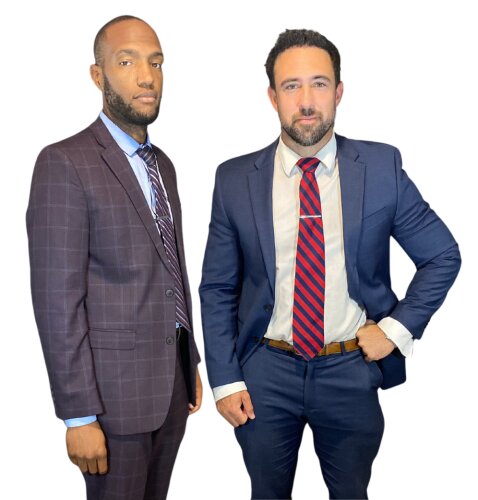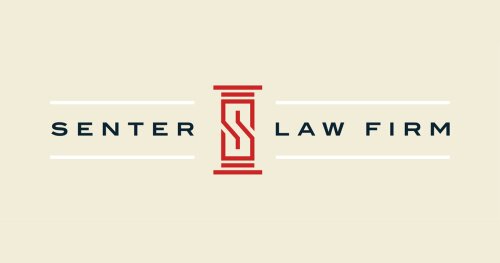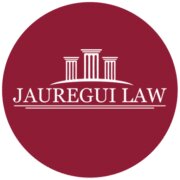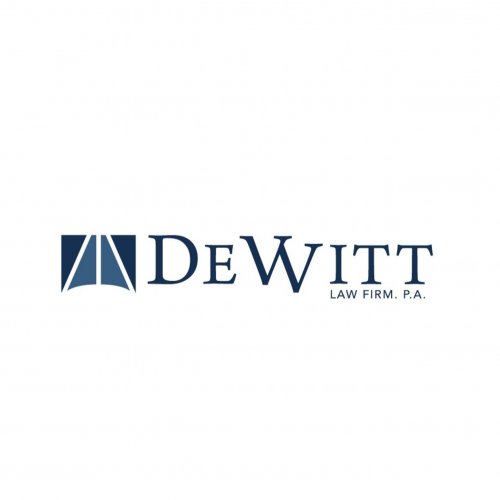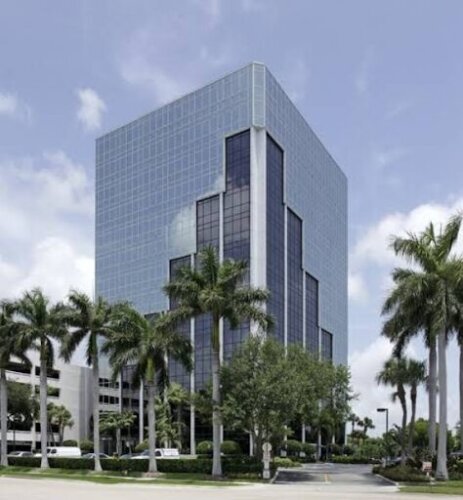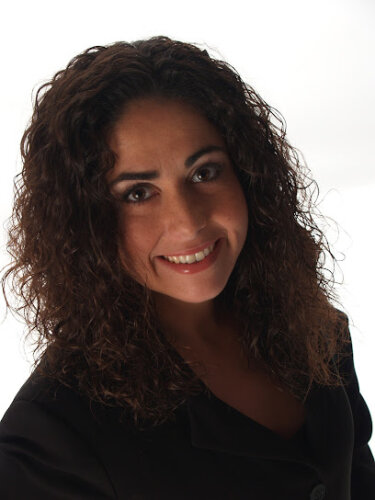Best Child Abuse Lawyers in Florida
Share your needs with us, get contacted by law firms.
Free. Takes 2 min.
Free Guide to Hiring a Family Lawyer
Or refine your search by selecting a city:
List of the best lawyers in Florida, United States
About Child Abuse Law in Florida, United States
Child abuse is a serious criminal and civil matter in Florida that includes physical, emotional, or sexual harm or neglect inflicted upon a child by a parent, caregiver, or other adult. Florida's statutes are designed to protect minors from harm and to ensure their safety and well-being. The law mandates the reporting of suspected child abuse and provides legal consequences for abusers and those who fail to report. Both the Department of Children and Families (DCF) and law enforcement are heavily involved in investigating and addressing child abuse allegations.
Why You May Need a Lawyer
If you find yourself involved in a situation related to child abuse in Florida, consulting with a lawyer can be crucial. Legal representation may be needed in various situations, including:
- Being accused of child abuse or neglect, regardless of the accusation's validity
- Facing questions as a witness in a child abuse case
- Seeking advice after filing a report as a mandated reporter
- Needing to defend parental rights in a dependency or custody case affected by abuse allegations
- Desiring guidance on adopting or fostering a child with a history or risk of abuse
- Having concerns about how agencies or authorities handled a child protection matter
An experienced attorney can protect your rights, guide you through investigations, represent you in court, and help you navigate complex procedures involving children, families, and state agencies.
Local Laws Overview
Florida law considers any threat to a child's physical, mental, or emotional health a serious offense. Key points include:
- Definitions: Under Florida Statutes, "child abuse" includes intentionally inflicting physical or mental injury upon a child, actively encouraging someone else to do so, or failing to provide necessary care that results in harm or risk of harm.
- Mandatory Reporting: In Florida, anyone who suspects that a child is being abused or neglected is required by law to report it to the DCF. This includes professionals working with children, as well as any private citizen.
- Penalties: Child abuse can be charged as a felony, with degrees of penalties varying with the severity of the harm and the intent. Aggravated child abuse, such as willful torture or malicious punishment, carries the most severe penalties.
- Investigation Procedures: Allegations lead to DCF investigations that can result in removal of the child from the home, civil dependency proceedings, and criminal charges against the alleged abuser.
- Rights of the Accused: Accused individuals have rights to legal representation, due process, and a fair hearing. However, immediate safety of the child often takes precedence in investigations.
- Records: Reports of abuse and related investigations are confidential, but may be shared among agencies and the courts as necessary for protection or prosecution.
Frequently Asked Questions
What is considered child abuse in Florida?
Child abuse in Florida includes physical injury, mental injury, sexual abuse or exploitation, and neglect. It also covers actions or omissions that risk a child's well-being.
Who is required to report suspected child abuse?
Florida law requires every person to report suspected child abuse. This includes teachers, doctors, social workers, and any private citizen with reasonable suspicion.
What happens after a child abuse report is made?
DCF investigates all credible reports. This may involve interviews, home visits, and coordination with law enforcement. Urgent cases may lead to immediate child removal for their safety.
Can someone make an anonymous report of child abuse?
Yes. Reports can be made anonymously, and the identity of anyone making a report is protected under Florida law.
What are the penalties for child abuse in Florida?
Penalties range from third-degree felony charges for less severe cases, to first-degree felonies for aggravated child abuse. Sentences may include prison, fines, and mandatory counseling.
What rights do accused individuals have?
Accused individuals have the right to be informed of allegations, to seek legal representation, and to defend themselves in administrative and criminal proceedings.
Can child abuse allegations affect custody or visitation?
Yes. Abuse allegations can result in the temporary or permanent loss of custody or visitation rights, either while investigations proceed or as a court-ordered outcome.
What is considered child neglect?
Neglect includes failing to provide food, shelter, medical care, supervision, or other necessities required for the child's well-being.
How long does a child abuse investigation take?
Investigation timeframes can vary but generally, DCF must begin an investigation within 24 hours of a report. The process can take from a few weeks to several months, depending on the case's complexity.
Can I appeal or challenge a finding of abuse?
Yes. If you believe a finding is incorrect, you have the right to challenge it and request a hearing before an administrative judge or in court.
Additional Resources
- Florida Department of Children and Families (DCF): State agency for child protection, abuse reporting, and family services.
- Florida Abuse Hotline: 24-hour hotline for reporting abuse, neglect, or exploitation of children.
- Child Advocacy Centers: Organizations offering support, counseling, and advocacy for children and families impacted by abuse.
- Legal Aid Societies: Nonprofit legal service providers who can assist qualifying families with child abuse-related legal matters.
- Local Law Enforcement: Police and sheriff's departments handle criminal aspects and emergency safety concerns.
- National Child Abuse Hotline: Provides support and information for those affected by child abuse.
Next Steps
If you are facing a child abuse situation in Florida, taking action quickly is critical. Take these steps:
- If you suspect abuse, report it immediately to the Florida Abuse Hotline or local authorities.
- If you have been accused, avoid making statements without consulting a lawyer. Do not confront anyone about the accusation.
- Gather any documentation or evidence that may be relevant to your situation, such as medical records or communications.
- Reach out to a lawyer experienced in child abuse, dependency, or family law to discuss your rights and options.
- Follow the guidance of authorities and legal counsel regarding any investigations or hearings.
- Utilize support from child advocacy organizations, counselors, or victim assistance groups to help address emotional and practical needs.
Responding promptly and appropriately can make a significant difference in ensuring the child's safety and protecting your rights throughout the process.
Lawzana helps you find the best lawyers and law firms in Florida through a curated and pre-screened list of qualified legal professionals. Our platform offers rankings and detailed profiles of attorneys and law firms, allowing you to compare based on practice areas, including Child Abuse, experience, and client feedback.
Each profile includes a description of the firm's areas of practice, client reviews, team members and partners, year of establishment, spoken languages, office locations, contact information, social media presence, and any published articles or resources. Most firms on our platform speak English and are experienced in both local and international legal matters.
Get a quote from top-rated law firms in Florida, United States — quickly, securely, and without unnecessary hassle.
Disclaimer:
The information provided on this page is for general informational purposes only and does not constitute legal advice. While we strive to ensure the accuracy and relevance of the content, legal information may change over time, and interpretations of the law can vary. You should always consult with a qualified legal professional for advice specific to your situation.
We disclaim all liability for actions taken or not taken based on the content of this page. If you believe any information is incorrect or outdated, please contact us, and we will review and update it where appropriate.
Browse child abuse law firms by city in Florida
Refine your search by selecting a city.



